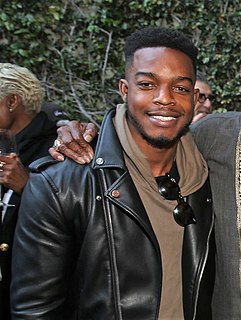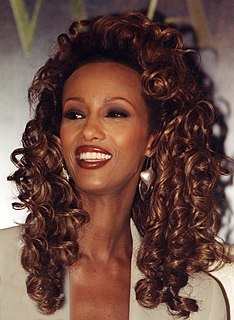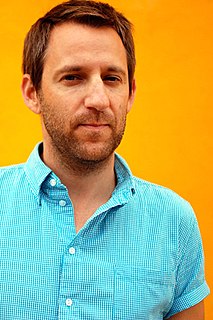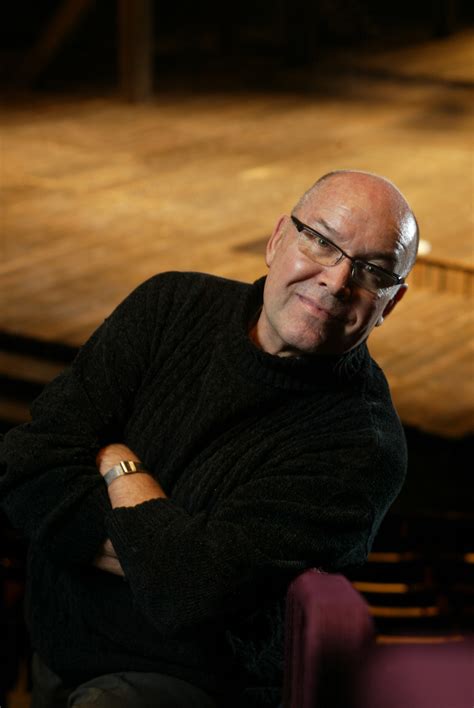A Quote by Rachel Kushner
When one is the type of writer who cares about the meaning of the historically specific setting, the history itself is not something that I would call backdrop. It's not window dressing for a timeless relationship about love and betrayal. For me, the setting and the specific history are active co-agents with me in trying to form the novel.
Related Quotes
When I'm writing a book, generally I start with the mood and setting, along with a couple of specific images?things that have come into my head, totally abstracted from any narrative, that I've fixated on. After that, I construct a world, or an area, into which that general setting, that atmosphere, and the specific images I've focused on can fit.
I'm not sure if a writer should talk about themes. Themes arrive out of the deeper structure and concerns, but to me, the main thing is getting it down right, writing about specific characters in specific predicaments, and finding a way to be true to the story itself, not only in the first burst of draft but in the revision, too.
I think our particular sound has come by just not adhering to any specific sound. For us, it's about the song, and being able to fit in to what is appropriate. When we sit down, we're not talking about what type of band we're gonna be within a specific genre - there's a uniqueness to all of us individually that throws putting anything in a box out the window.
I have always wanted to make a series of films which would be like an 'emotional history' that conveys what it feels like to live through history as an experience rather than a grand story. It would be about the relationship between the tiny fragments and moments of personal experience, and the continual backdrop of big events.
If one is going to offer children stories that underneath the story must be something that will inform, stimulate and guide, I love to be on board. I think anything that resonates with history, as does The Jungle Book and Watership Down, reflects patterns of behavior, power struggles, deprivation, migration, survival, joy, love, betrayal, and all of these things. It's tragic that children are encouraged to ignore history. We ignore history and any literature that is historically based in history. Even though both of those films involved animals, of course they reflect human behavior.
I came to this project and 'Far from Heaven' from completely different vantage points. 'Heaven' was of course about the Douglas Sirk films of that period, with the very specific cinematic language and style of melodrama. With 'Carol,' it was presented to me already packaged, with Cate Blanchett attached and Phyllis Nagy's script complete - when it came to me it had a long history and pre-history.
You don't always get lucky enough to have songs that can breathe and shift meaning. But every once in a while you open up a window and something passes through. It's really nice for me when I discover those songs in my catalogue. It's one of the reasons I try not to get too specific about what my songs mean.






































